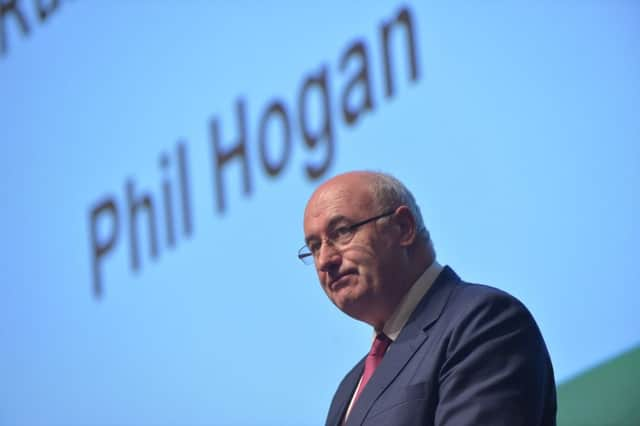Will the red tape really be easier managed in future?


It will take a lot of time for us to know which argument was right. Given the political morass the Brexit has become it is doubtful if either side will get what they voted for in June 2016. We are on course for a far from perfect outcome either way, mainly because after 45 plus years of EU membership the clean break leave supporters promised cannot be delivered for all sorts of practical reasons. It really is akin to the Hotel California, where ‘you can check out but never leave’.
One of the dangers is that a few years down the road we realise that the red tape we wanted to escape is just as bad, or even worse, than when it was coming from Brussels. There is an inevitability about this, based on cold, harsh logic. Ask people here or elsewhere in the UK about EU regulations and they criticise officials for making rules in agriculture a lot worse than in other member states. Ireland and France are generally cited as examples. Those officials who gold-plated EU regulations are the same people that will implement a new support regime in the UK, so we really could end up worse rather than better off.
Advertisement
Advertisement
The other problem is that the support model the government is considering is by definition regulation-heavy. It wants support based around payment for the delivery of public goods. This refers mainly to environmental objectives – a form of A level greening for want of a better term. Since delivery has to be measured that has to mean red tape. That is another reason why farmers might end up looking back to the days of EU cross compliance as easier times. As proof, just look at the regulations that surround agri-environment schemes here compared, for example, to similar schemes south of the border or even in England.
Officials here have a mindset built around regulation. We are in danger of the only difference after Brexit being that they will have to shoulder the blame for red tape rather than blaming Brussels. If that happens many who voted leave will feel betrayed over the promises made in 2016, while those who voted remain will say told you so.
It is easy to write off the European Commission as a bureaucracy that produces little more than red tape and knows little about the real world. There is some truth in that view, but in agriculture our views are coloured by the effectiveness of the farm commissioner.
Phil Hogan understands agriculture, as would be expected of an Irish commissioner. His legacy will include legislation to tackle unfair trade practices along the food supply chain. However the Commission deserves credit for its handling of the hangover from the 2015/2016 dairy crisis, in the shape of a peak of over 380,000 tonnes of skimmed milk powder in intervention stores.
Advertisement
Advertisement
This is now down to 22,000 tonnes and crucially this was achieved without slashing prices and undermining dairy markets. That is quite an achievement. Market management is not an easy task, but Brussels deserves credit for how it went about managing these stocks. Based on their performance in other areas, not least over the Brexit negotiation where Commission officials have danced rings around them, I am not convinced UK officials, would ever display the same commercial skills. Two years of rejecting low tenders took a lot of nerve. The difference lies in how key officials are appointed in Brussels. Each commissioner builds his own cabinet or team of advisers. They are there to meet specific objectives.
In the UK ministers only bring political advisers with them, and they are committed to politics rather than practicalities. As a result decisions are taken by people with no experience of the commercial world, having mostly joined the civil service straight from university. If that system sets policy after Brexit, we might well end up with good cause to look with some envy at how policy is decided and implemented in Brussels.